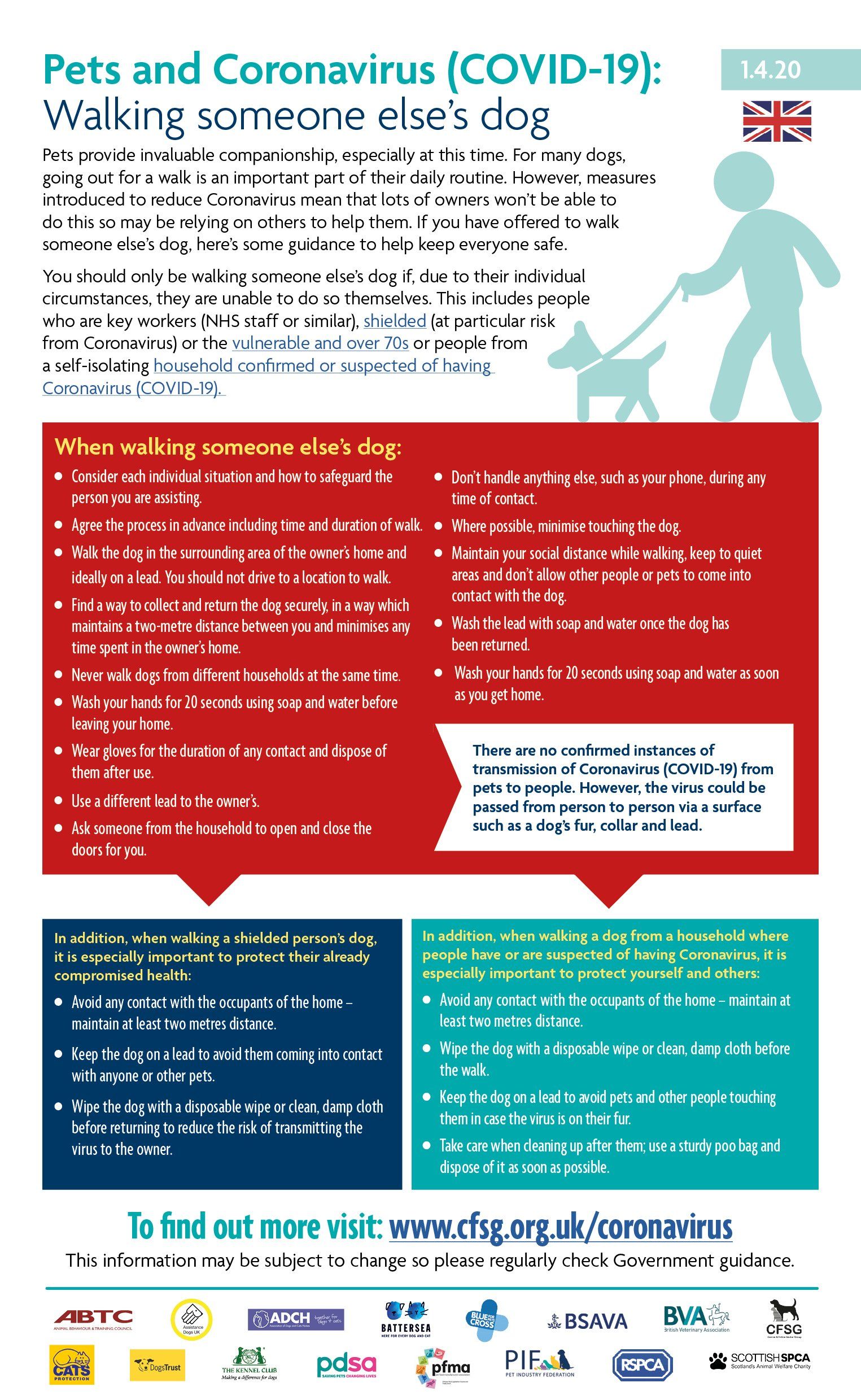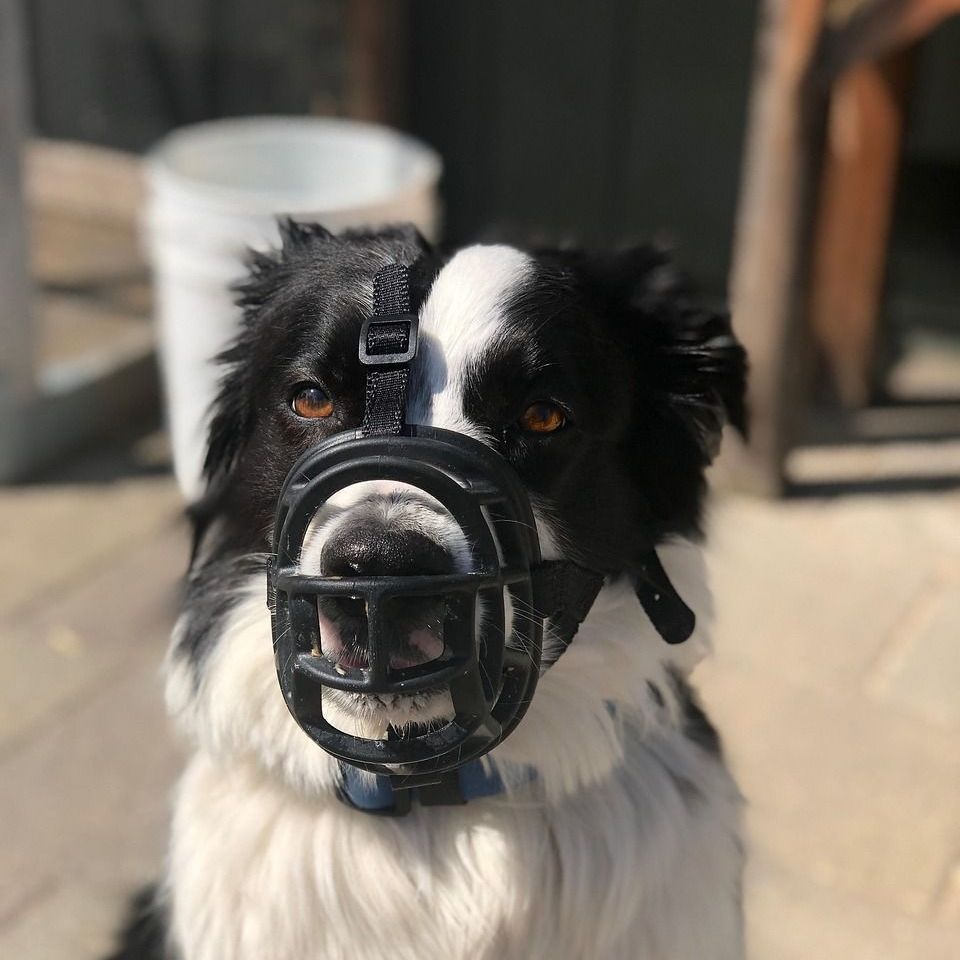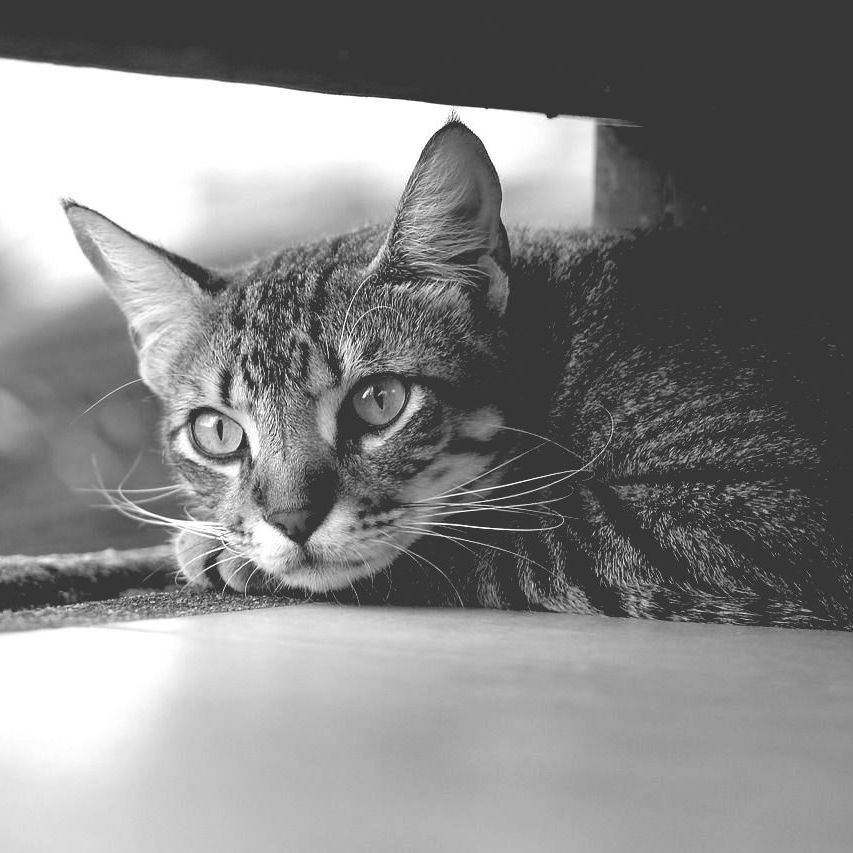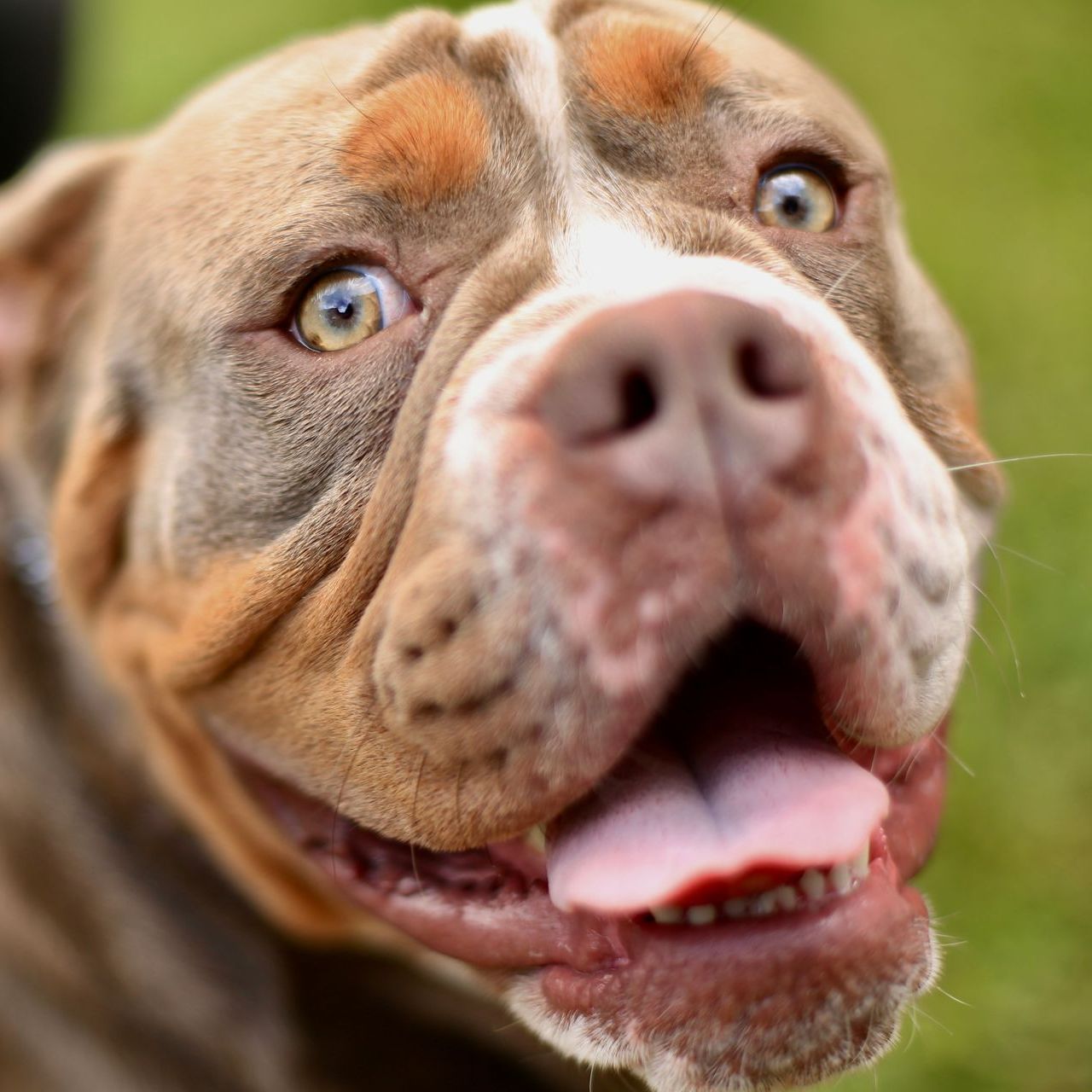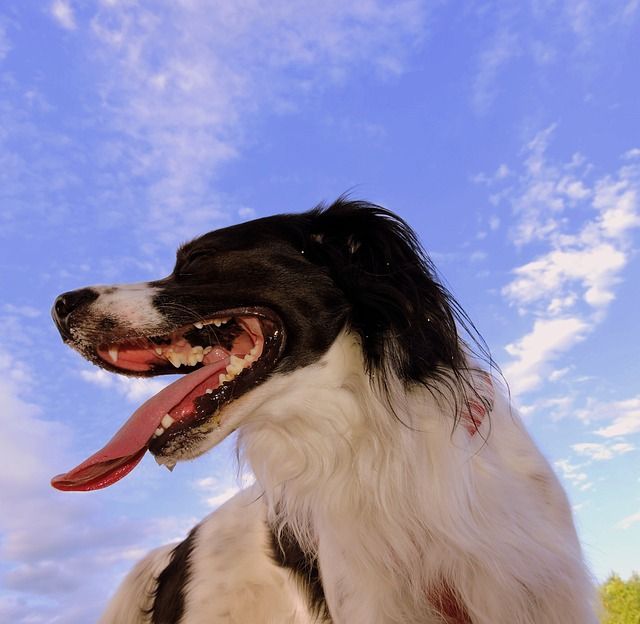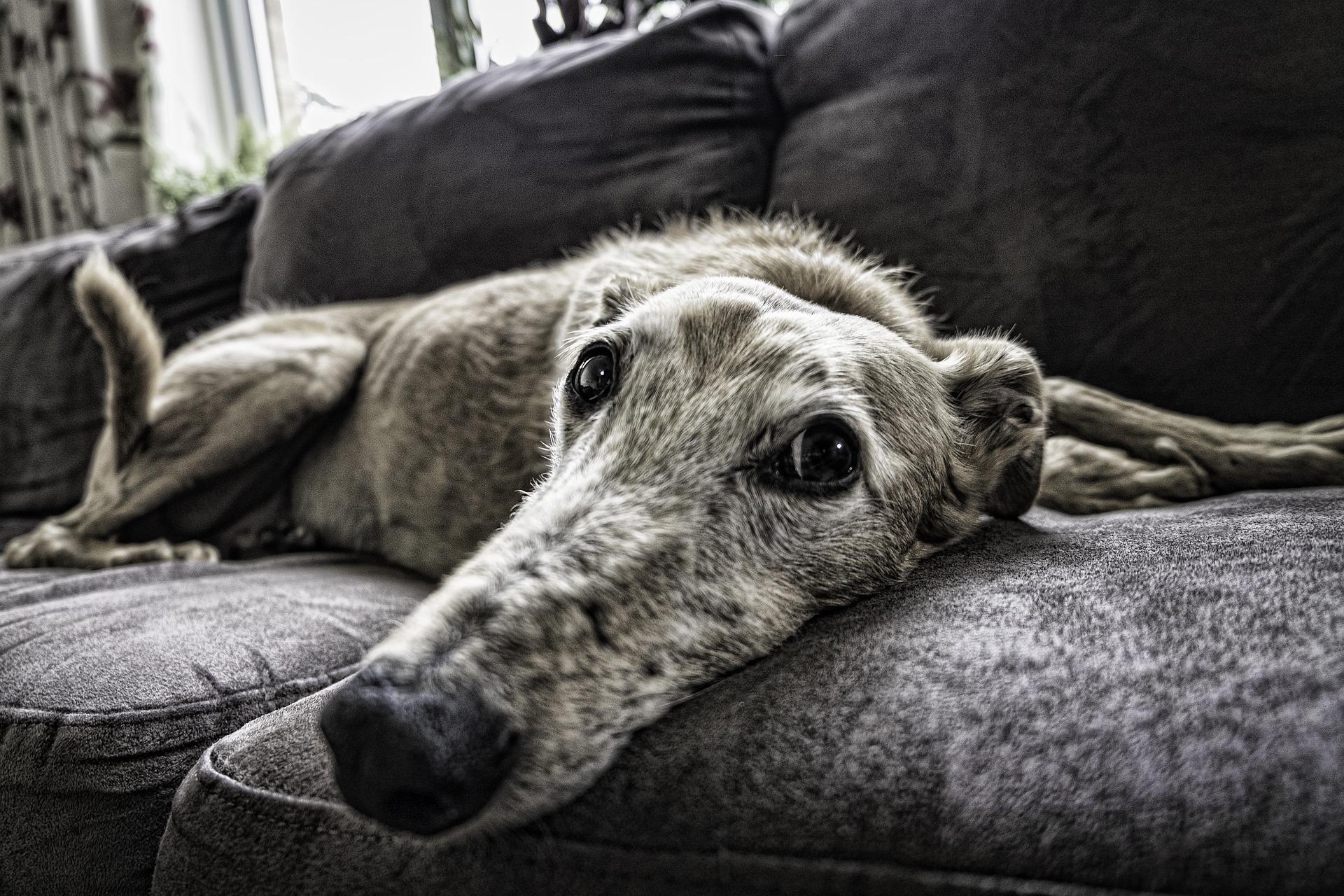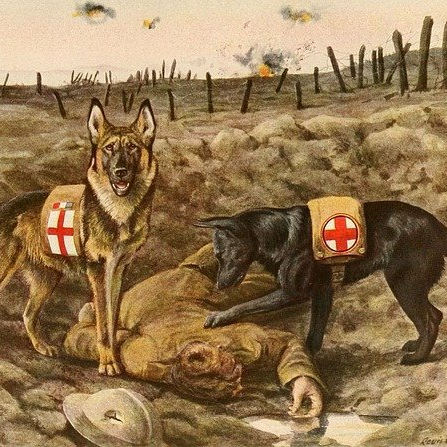Cats and Coronavirus
Clarification on the situation with Cats and Coronavirus
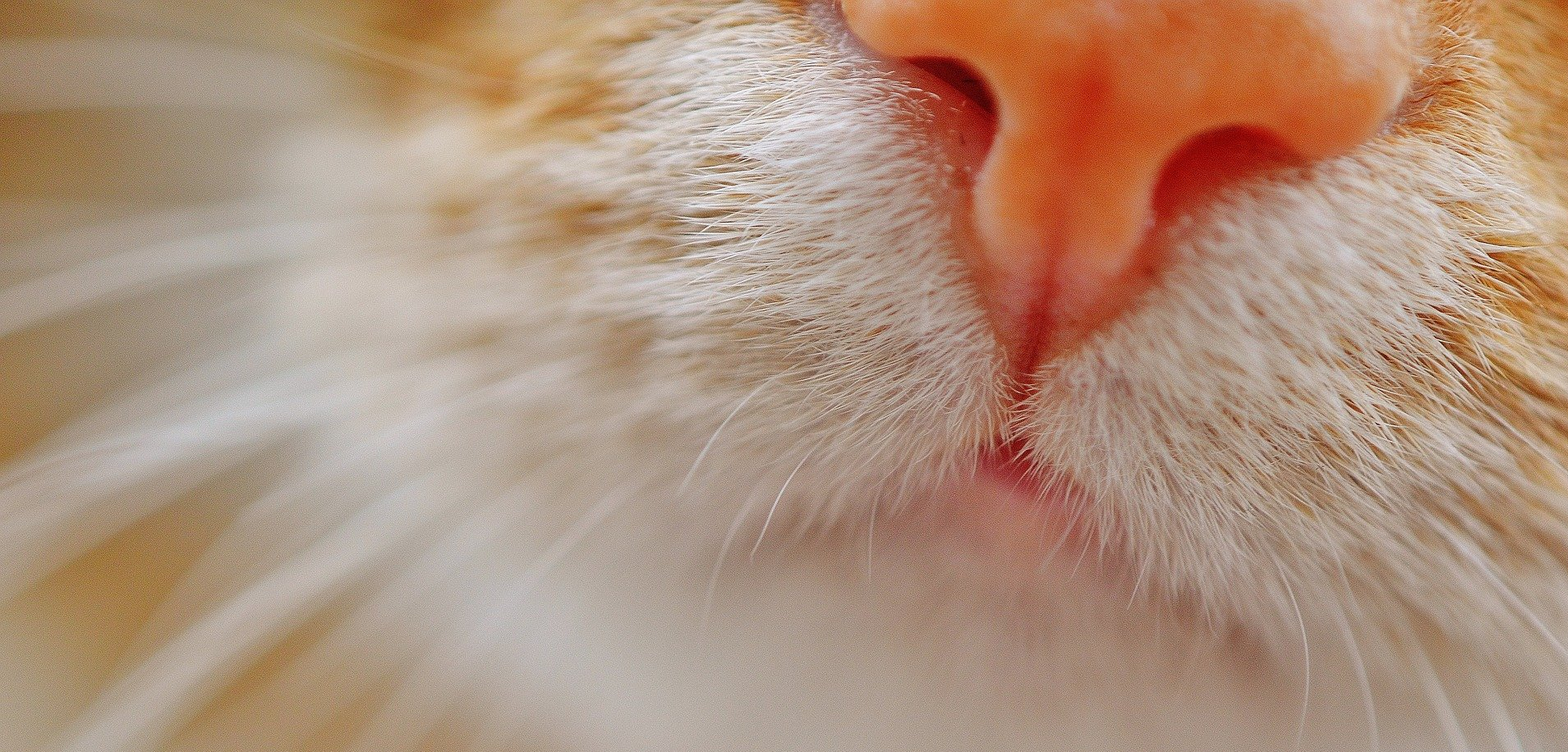
Can the virus affect pets/animals?
What about the story in the BBC this morning?
What is your advice then?
List of Services
-
Practice good hand hygiene.List Item 1
You should be washing your hands regularly during the day anyway, but we would suggest ensuring you do this after petting/stroking your animal and particularly before you eat or handle food.
-
Limit your pet's contact with other peopleList Item 2
Try to disuade other people from touching or stroking your pet. We suggest keeping your dog on a lead and keeping good social distancing from other people. We also have a good infographic below that can be applied if you are walking dogs belonging to other people.
We also suggest that you don't contact other peoples pets as well.
-
Keeping your cat indoors...List Item 3
This only applies if you have been diagnosed with COVID-19 or are self-isolating due to showing possible symtpoms.
Also, this is ONLY practical if you cat doesn't object to this. We know many cats end up with severe stress related problems from being kept indoors against their will. This includes urinary and skin problems along with some behavioural issues such as urine spraying and excessive scratching.
Also - we suggest advising your neighbours to avoid touching and contacting your cat(s) should they wonder into their house or garden.
-
If your pet has been in contact with an infected personList Item 4
If your pet has been in contact with someone who has been diagnosed with COVID-19 or is self isolation, then if possible bathing them just with normal shampoo will be effective. In animals that cannot be bathed (eg cats, long haired dogs etc) then we suggest removing any collars/harnesses etc and wiping down with a flannel soaked in shampoo.
What about walking someone else's dog?
Keep up with the news…
Meanwhile, stay as hygienic as possible and be sure to give your doctor a call if you’re feeling at risk. As ever, if you’re worried about your pet, don’t hesitate to give us a call.


